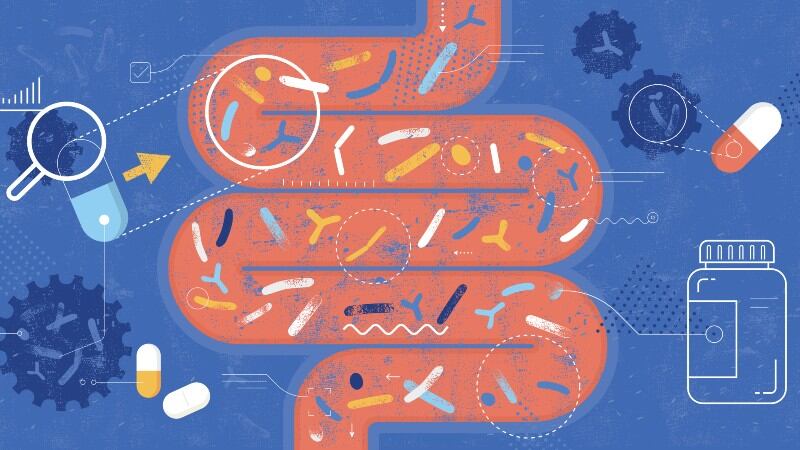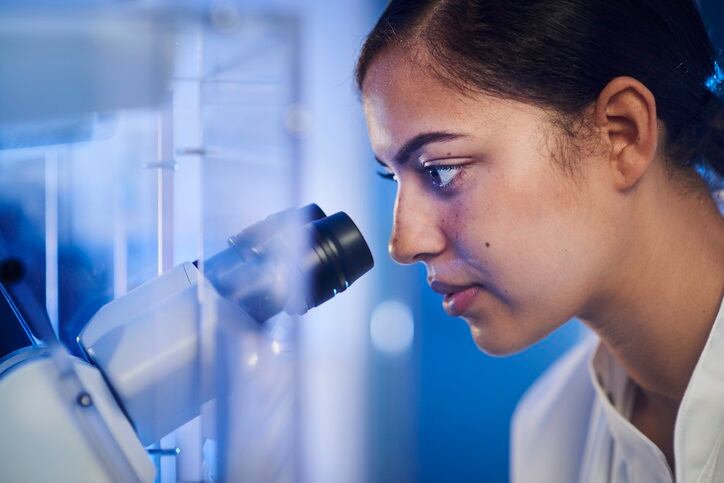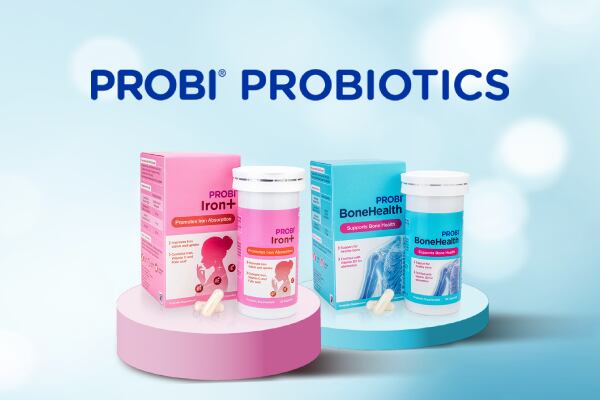H. pylori is a bacterium in the stomach that is associated with several gastric diseases, including chronic gastritis, peptic ulcers and gastric cancer. The first line of treatment for H. pylori infection is typically a quadruple therapy comprising bismuth, a proton-pump inhibitor and two antibiotics.
Increasingly, H. pylori-eradication drugs, especially antibiotics, are reported to cause short-term disruptions of the gut microbiota. According to previous studies, probiotics supplementation could mitigate these side effects.
To evaluate the impact of probiotics on gut microbiota after H. pylori-eradication therapy, a double-blinded, randomised trial was performed at seven tertiary hospitals in China from March 2019 to November 2021.
Some 249 patients aged between 18 and 65 years, who were diagnosed chronic gastritis and tested positive for H. pylori, were included in the study. The participants were randomly assigned to the probiotics group and the placebo group.
The probiotics group received a 14-day quadruple therapy (bismuth potassium citrate, esomeprazole, amoxicillin, furazolidone), combined with probiotics supplementation (Bifidobacterium tetravaccine tablets) for 28 days.
During the same period, the placebo group received the 14-day quadruple therapy alongside placebo (starch tablets).
Saliva, gastric mucosa and faecal samples were collected from all participants before and after therapy for analysis.
According to the findings, the incidence of gastrointestinal adverse events (GAE), such as vomiting, bloating and diarrhoea, was lower in the probiotics group than the placebo group (23.6% versus 37.7%), while there was no significant difference in H. pylori-eradication rate.
Notably, patients supplemented with probiotics had smaller fluctuations of gut microbiota compared to those who received placebo. Furthermore, the microbiota was restored to baseline as soon as two weeks after the therapy.
“The reduction of gut Bacteroidetes caused by H. pylori-eradication drugs was neutralised by probiotics supplementation, indicating the ability of probiotics to maintain equilibrium of the gut microbiota ecosystem during exposure to antibiotics,” said the authors.
A need for multi-target probiotics
Approximately 50% of the population worldwide are H. pylori-positive. Due to the growing prevalence of antibiotic resistance, the global recommendation for eradication treatment was changed from triple to quadruple therapy, with the duration prolonged from seven to 14 days. This has led to increased side effects and poor compliance.
Probiotics are commonly used to modulate gut microbiota and improve diseases like metabolic syndrome, colitis, and antibiotic-associated diarrhoea.
“In our study, changes in the composition of microbial community were not only observed in the gut, but also in the saliva and stomach. Our findings also indicated the reconstitution of gastric and oral microbiota after H. pylori-eradication by two weeks.
“This suggests that probiotics administration could influence microbiota along gastrointestinal tract in patients receiving eradication therapy. These results highlight a need to develop high-efficacy probiotics that target multiple parts of microbiota to improve resilience of the microbial ecosystem during disruptions, and to restore its equilibrium afterwards,” the authors concluded.
Source: Frontiers in Immunology
https://doi.org/10.3389/fimmu.2022.1033063
“Probiotics modulate gastrointestinal microbiota after Helicobacter pylori eradication: A multicenter randomized double-blind placebo-controlled trial”
Authors: Cong He, et al





